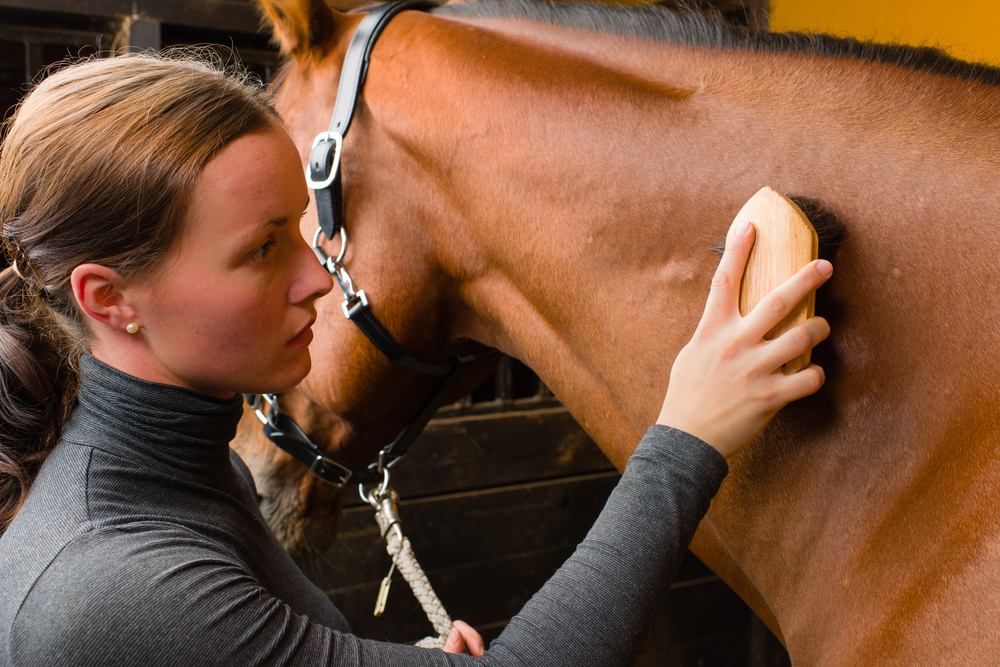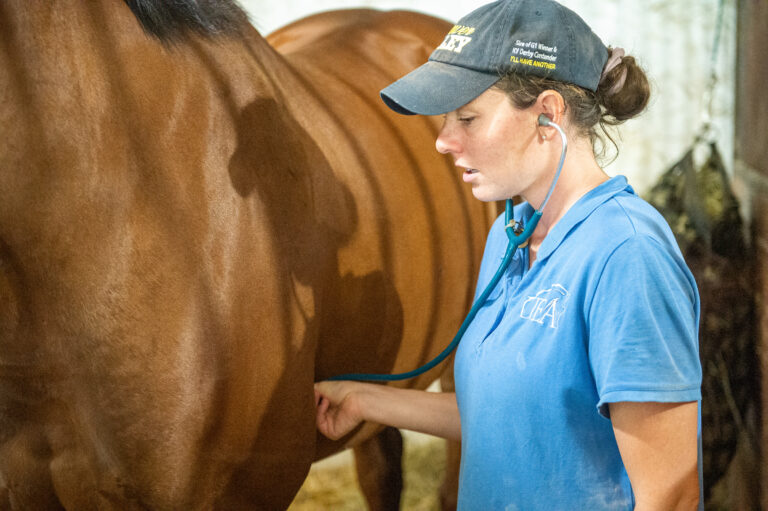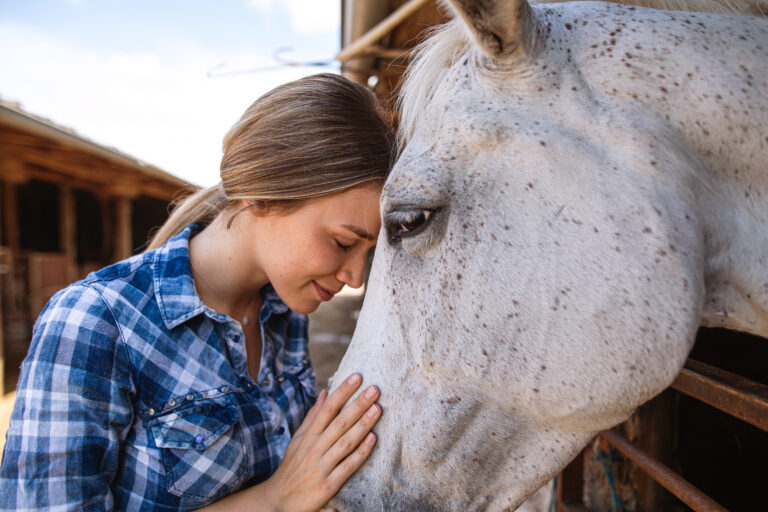As horses age, their nutritional needs evolve, requiring careful consideration and adaptation of their diet to maintain optimal health. Supplements for aging horses play a pivotal role in supporting the health and vitality of senior equines. Whether you are a seasoned equestrian or new to horse care, understanding the importance of equine supplements can make a significant difference in the quality of life for your elderly companions.

Understanding the Needs of Aging Horses
Like humans, horses experience changes in metabolism, muscle mass, and joint health as they age. These factors necessitate adjustments in their diet to ensure they receive adequate nutrition. An aging horse’s digestive system may become less efficient at absorbing nutrients, making it crucial to provide a balanced diet supplemented with essential vitamins and minerals.
The Role of Supplements in Equine Health
Incorporating equine supplements into a senior horse’s diet can help address nutritional deficiencies and support overall well-being. These supplements often include components that aid in joint health, digestion, and immune function, ensuring that your horse remains active and healthy in its later years.
Common Nutritional Deficiencies in Senior Horses
Senior horses are prone to specific nutritional deficiencies, including a lack of vitamins such as vitamin E and C, minerals like calcium and phosphorus, and essential fatty acids. These deficiencies can lead to health issues such as weakened immunity, poor coat condition, and reduced mobility. Thus, it is vital to address these deficiencies through a well-rounded diet and targeted supplements.
Key Ingredients in Supplements for Aging Horses
Joint Support Ingredients
Joint health is a significant concern for aging horses. Ingredients such as glucosamine, chondroitin, and MSM (methylsulfonylmethane) are commonly found in supplements to support cartilage health and reduce inflammation, thereby enhancing joint mobility and comfort.
Digestive Health Enhancers
Probiotics and prebiotics are essential for maintaining a healthy gut in senior horses. These ingredients help promote beneficial gut bacteria, improving digestion and nutrient absorption.
Immune System Boosters
Antioxidants like vitamin C and E, along with selenium, play a crucial role in boosting the immune system of aging horses. These nutrients help combat oxidative stress and support overall health.
Choosing the Right Supplements for Your Horse
Consulting with a Veterinarian
Before introducing any supplement, consult with a veterinarian to discuss your horse’s specific needs. A vet can provide valuable insights into the best supplements tailored to address your horse’s unique health concerns.
Reading Labels Carefully
When selecting supplements, read labels carefully to ensure that they contain high-quality ingredients. Avoid products with unnecessary fillers, artificial additives, or low concentrations of active components.
Monitoring Results
Once supplements are introduced, monitor your horse’s health and behavior for any noticeable improvements or adverse reactions. Regular check-ups with a veterinarian can help track progress and make necessary adjustments to the supplement regimen.
Integrating Supplements into a Balanced Diet
Supplements should complement a balanced diet rather than replace it. Ensure your horse receives a diet rich in high-quality forage, grains, and other essential nutrients. Collaborate with a veterinarian or equine nutritionist to create a comprehensive feeding plan that meets your aging horse’s dietary requirements.
Common Myths About Equine Supplements
Supplements as a Cure-All
While supplements can significantly aid in addressing specific health concerns, they are not a cure-all for every ailment. A holistic approach that includes proper veterinary care, nutrition, and exercise is essential for maintaining the health of aging horses.
Natural Supplements are Always Safe
Not all natural supplements are safe for every horse. Some ingredients may interact with medications or cause adverse reactions in certain horses. Always consult with a veterinarian before introducing new supplements to your horse’s diet.
Success Stories: Improving Horse Health with Supplements
Many horse owners have witnessed remarkable improvements in their senior horses’ health and vitality by incorporating targeted supplements into their diet. From enhanced mobility to improved coat condition, supplements can play a crucial role in enhancing the quality of life for aging equines.
Conclusion
Ensuring the health and vitality of aging horses requires a multifaceted approach that includes proper nutrition, regular veterinary care, and the strategic use of equine supplements. By understanding the unique needs of senior horses and choosing the right supplements, horse owners can provide their companions with the support they need to thrive in their golden years.

FAQ
What are the signs that my horse needs supplements?
Signs that your horse may need supplements include weight loss, a dull coat, reduced mobility, and decreased energy levels. Consult with a veterinarian to assess your horse’s health and determine if supplements are necessary.
Can supplements replace a balanced diet for my horse?
No, supplements should complement a balanced diet, not replace it. A diet rich in high-quality forage, grains, and essential nutrients is crucial for your horse’s overall health.
Are there any side effects of giving supplements to horses?
While many supplements are safe when used correctly, some horses may experience adverse reactions. Always consult with a veterinarian before introducing new supplements to ensure they are safe for your horse.
For more information on caring for senior horses and dietary considerations, visit Virbac’s Senior Horse Care Guide.
Additionally, explore our article on proper senior horse best practices to further support your aging equine companion.
This article contains affiliate links. We may earn a commission at no extra cost to you.
